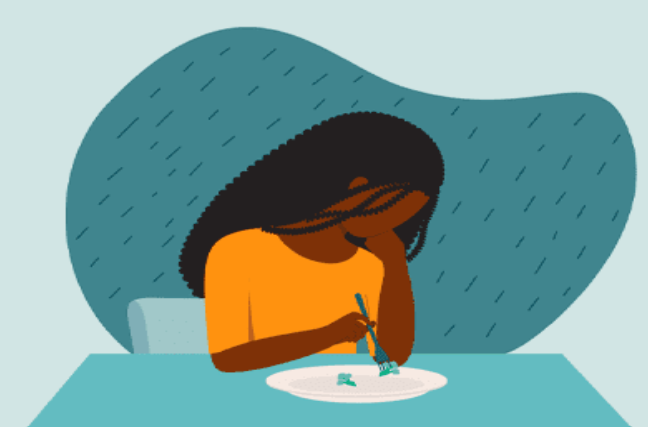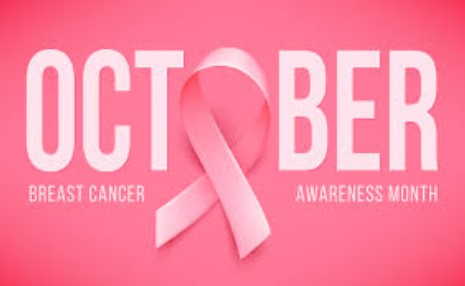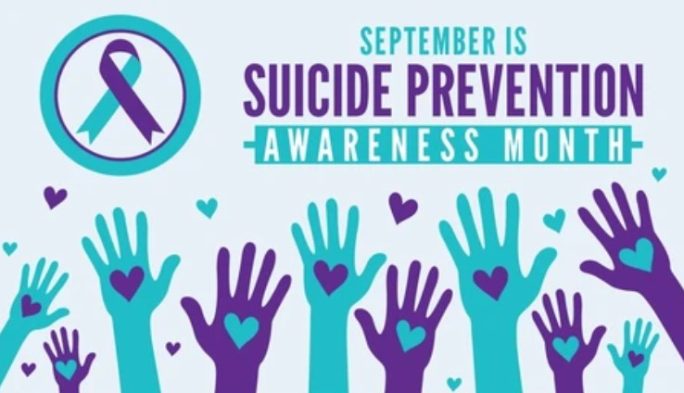Eating disorders are something that isn’t talked about very often, especially not with teens. This topic is a more sensitive topic to talk about because not many people who have eating disorders know that they have one, or sometimes they also refuse to accept the fact that they have a disorder. There are many different eating disorders. The three main ones that are commonly seen in teens are Bulimia, Anorexia, & Binge Eating Disorder, also known as BED. Eating disorders are severe problems at whatever age; however, eating disorders are mainly seen in females from the ages of 15-19. Although it’s primarily seen in females, 10% of eating disorders are detected in males. Symptoms can start around early adolescence, which then leads to bigger problems later down the road.
Anorexia Nervosa is the fear of gaining weight. Like I stated before, people with eating disorders refuse to admit they need help. People with anorexia have such an intense fear of gaining weight that they limit how much they eat. They also over-exercise so they don’t gain weight. Anorexia is a very serious issue. Some symptoms of anorexia are that people might refuse to eat in front of others. They also might cut up food and just look at it or move it, but they never eat it. Anorexia can lead to being severely underweight, it can also lead to bone thinning, mild anemia, brain damage, and organ failure because your body isn’t receiving the nutrients it needs. The cause of Anorexia varies between people and how they were raised. Some causes of Anorexia can be from a cultural point of view. They can also depend on how people view themselves. For example, if there is a very confident person who sees themselves with a very high self-image, then they are less likely to have Anorexia than a person who isn’t as confident in the way they view themselves. Anorexia is something many people deal with; this isn’t anything to be ashamed of. Asking for help can be very scary; however, some people care, despite what you might think. The National Alliance for Eating Disorders Helpline is
1 (866) 662-1235. Monday- Friday, 9 am-7 pm ET. If you don’t feel comfortable calling, then you can tell one of your trusted friends or family members. It’s important to ask for help because if you don’t, it can lead to very serious problems.
Binge Eating disorder (BED) is when one consumes excessive amounts of food, feeling like they aren’t in control of their own body. Believe it or not, Binge eating is one of the most common eating disorders in general. Binge eating is very similar to Bulimia; however, people with BED don’t make themselves vomit. Binge eating is an eating disorder that mostly affects women. 3.5% of women have this ED (Eating disorder). Binge eating is most commonly seen with people who suffer from obesity however, it can be seen in anyone of any ethnicity, race, gender, or age. Although this may not seem like a very serious problem, it is; binge eating can cause physical and behavioral issues. Some physical issues that binge eating can cause are Musculoskeletal problems, Gastrointestinal complications, and even heart disease. Some behavioral issues that can occur because of binge eating are severe anxiety, depression, and self-hatred. Binge eating can also lead to other disorders. Some other disorders that this ED can lead to are Substance abuse, Alcohol abuse, and OCD. You can turn to professionals for help, or always turn to people you love and trust. Having a good support system is something very crucial because they only have your best interest in mind and they want the best for you. Binge eating disorder isn’t anything to be ashamed of, and it’s something your support system can help you through.
Bullimia Nervosa, also known as bulimia, is when someone excessively eats and then tries to make it justified by throwing up or strict dieting. This eating disorder can be life-threatening because once people with this disorder start to make themselves throw up, they can eventually faint or pass out because of how often they are throwing up. People with bulimia often feel like they aren’t able to control how much they can eat. After they have eaten a large amount of food, they have different types of emotions. Sometimes they are ashamed of themselves, and they can also feel guilty because they ate so much, and they have a fear of gaining weight. Bulimia can be both physically damaging to the body and psychologically damaging to the mind for many reasons. Some reasons that it can be damaging to the body are that it can cause an electrolyte imbalance, dental erosion, and heart problems due to the excessive amount of purging. Purging can be different things. It can induce self-vomit, misuse of laxatives, diuretics, or enemas to forcefully evacuate matter from the body. Psychologically, it can cause stress hormones to rise, it can lead to anxiety, and it can also lead to depression. People with bulimia can cause people to struggle to seek help. People with bulimia often seek professional help that consists of building back up a healthy relationship with food and medical monitoring from nurses.
This article has talked about a very sensitive topic however, it is important to teach people what some of the most common Eating disorders are, so they can know what to look out for in case one of their family members or one of their friends happens to have one of these eating disorders. Bulimia Nervosa, Binge eating disorder, and Anorexia Nervosa are all very serious disorders that could potentially lead to life-threatening problems. For people who do have one of these disorders, it is important to know that you are not alone and there is absolutely nothing to be embarrassed about because it’s not something you can control. It is perfectly okay to ask for help, and I would recommend you do so so you can overcome your struggles. Always remember you are perfect just the way you are, and you matter!









Valentina • Oct 24, 2025 at 11:34 am
This article is really informative and provides insight on the topic.